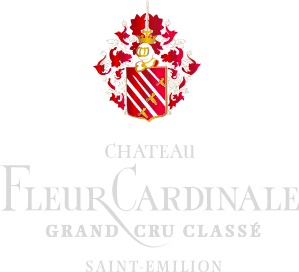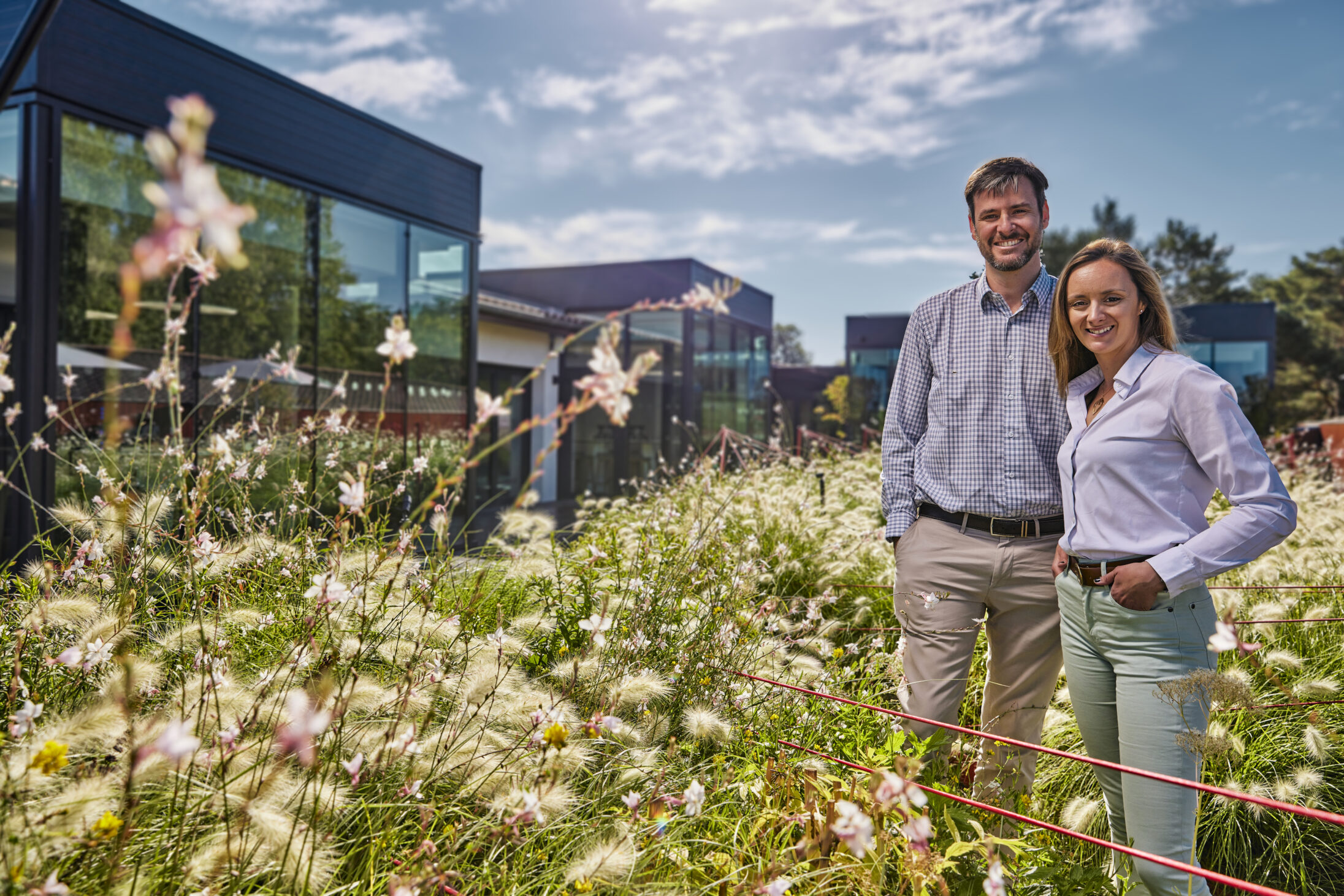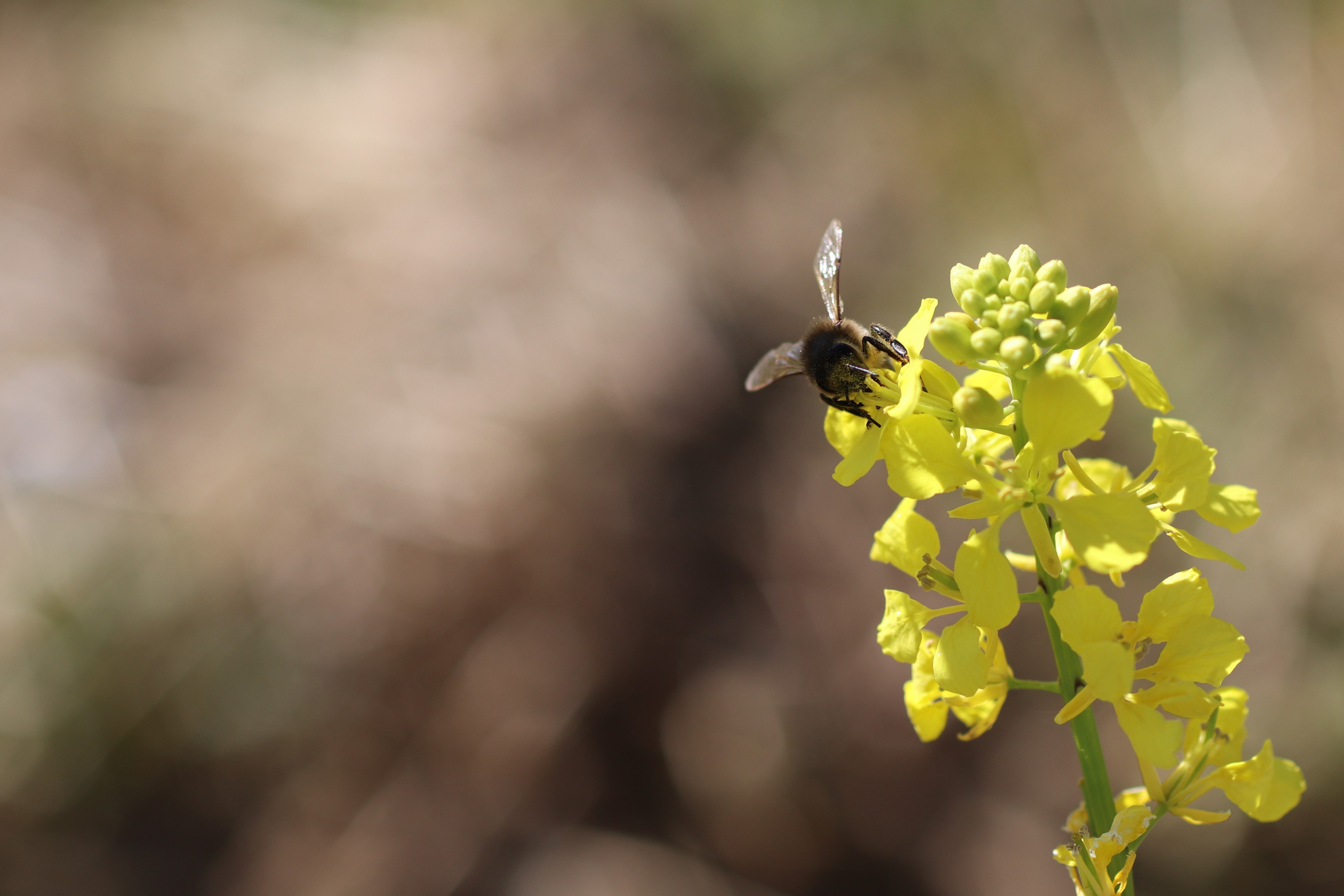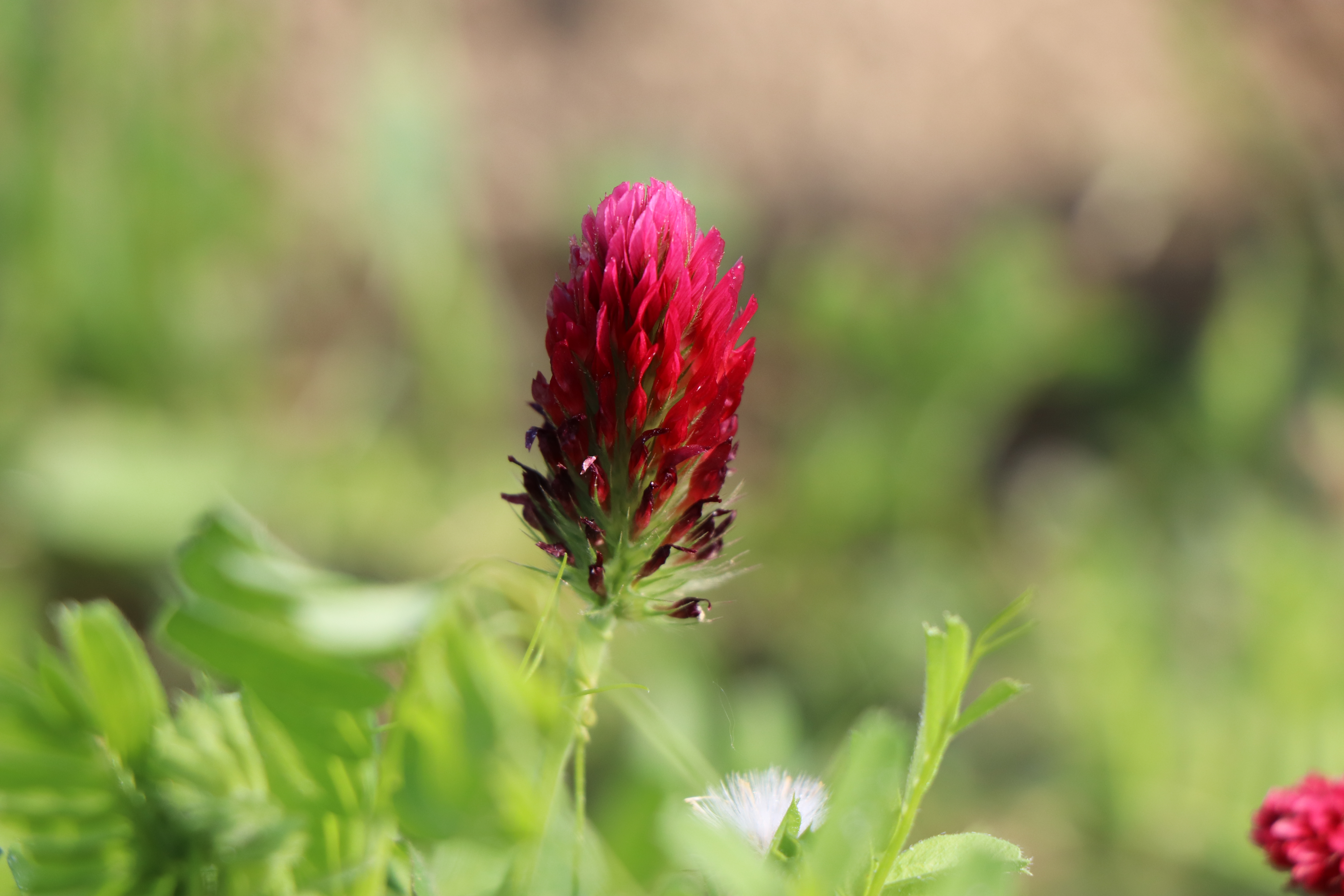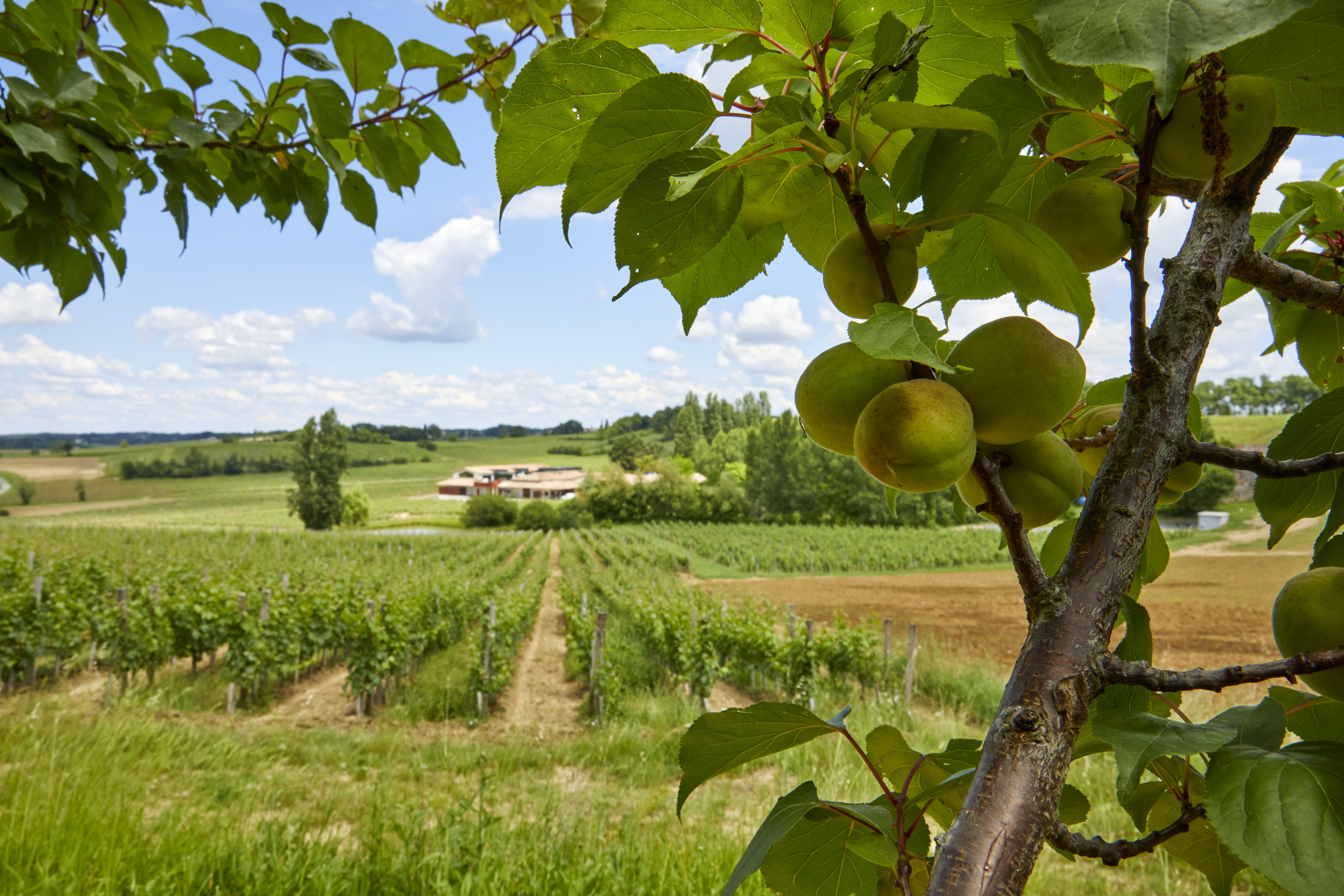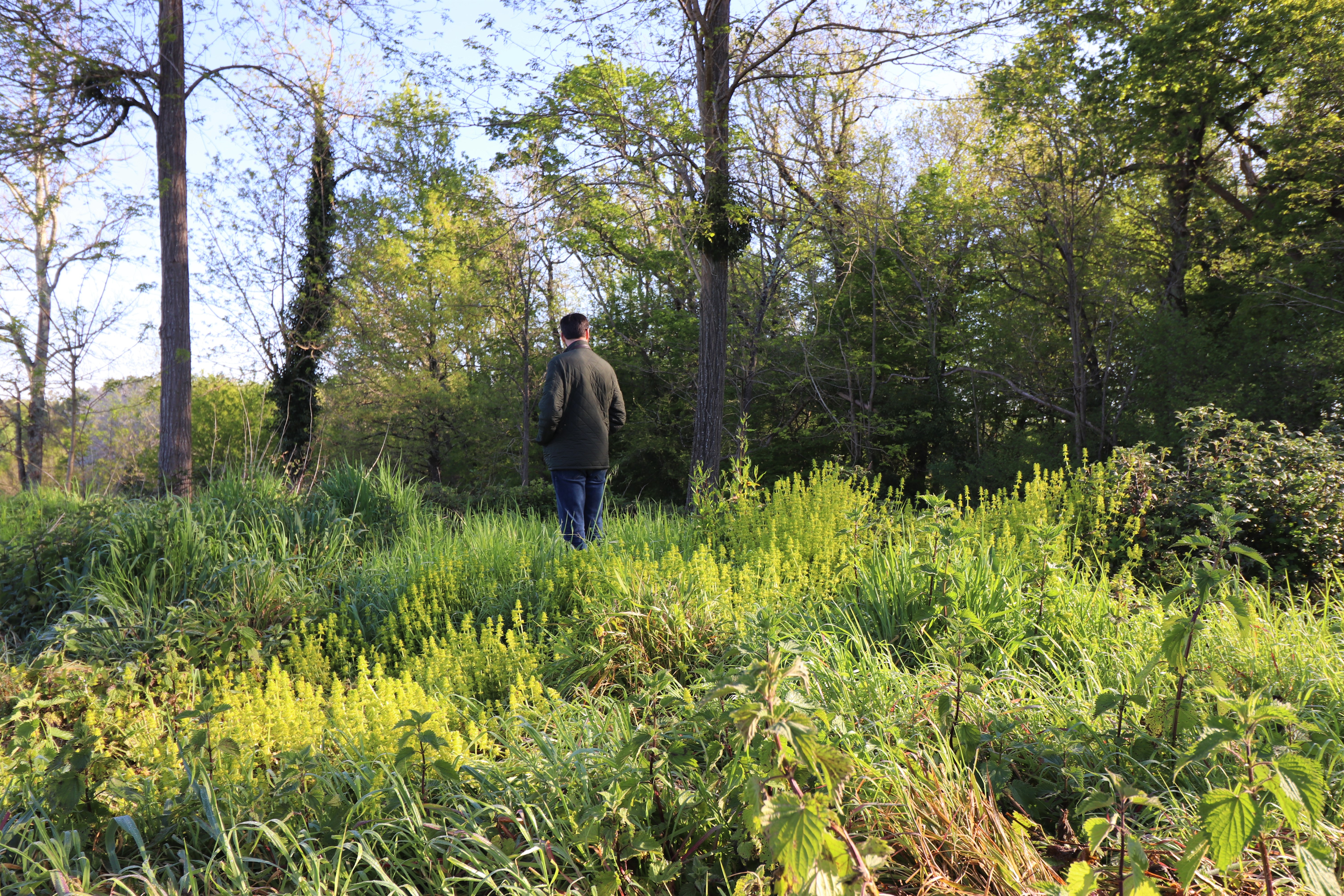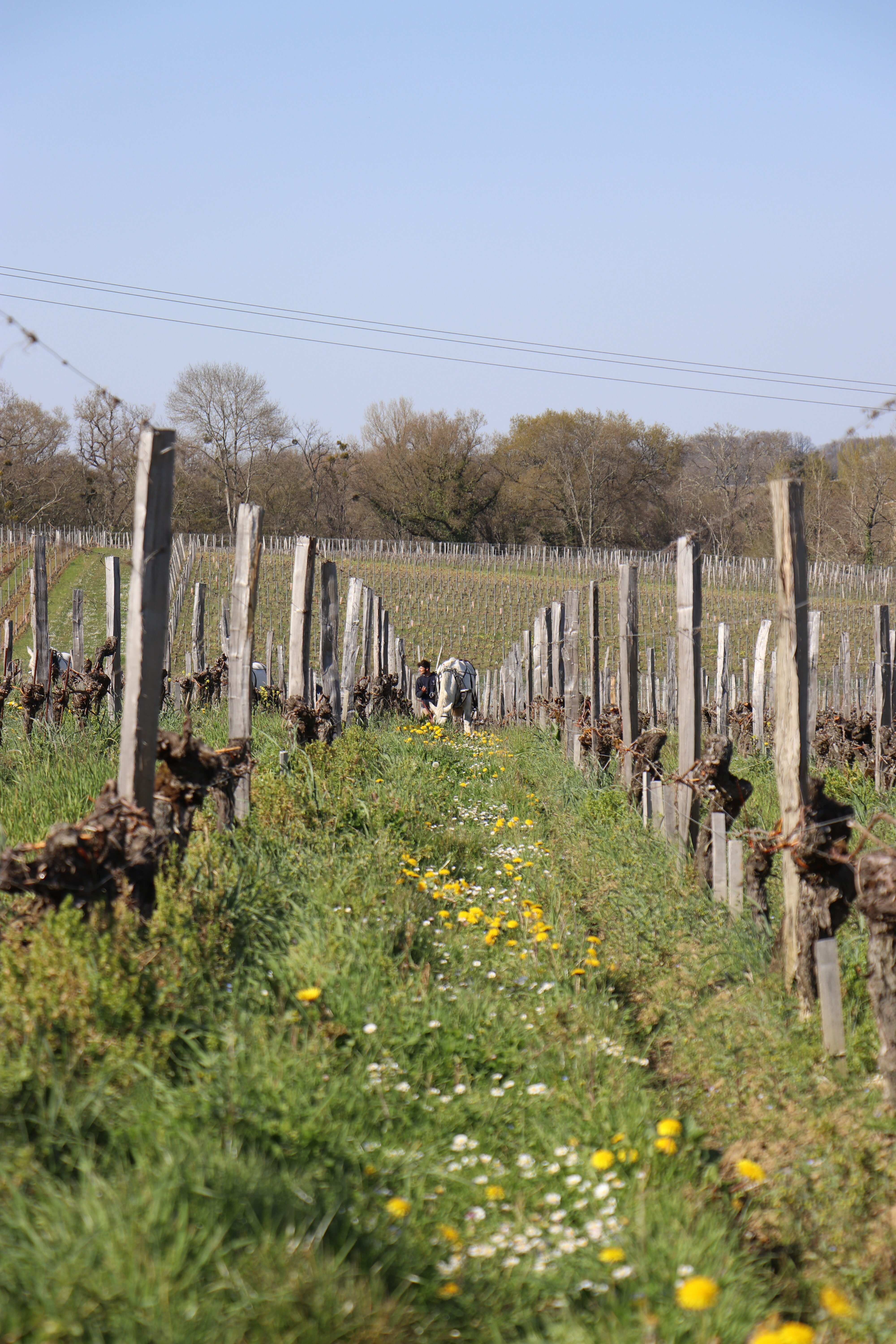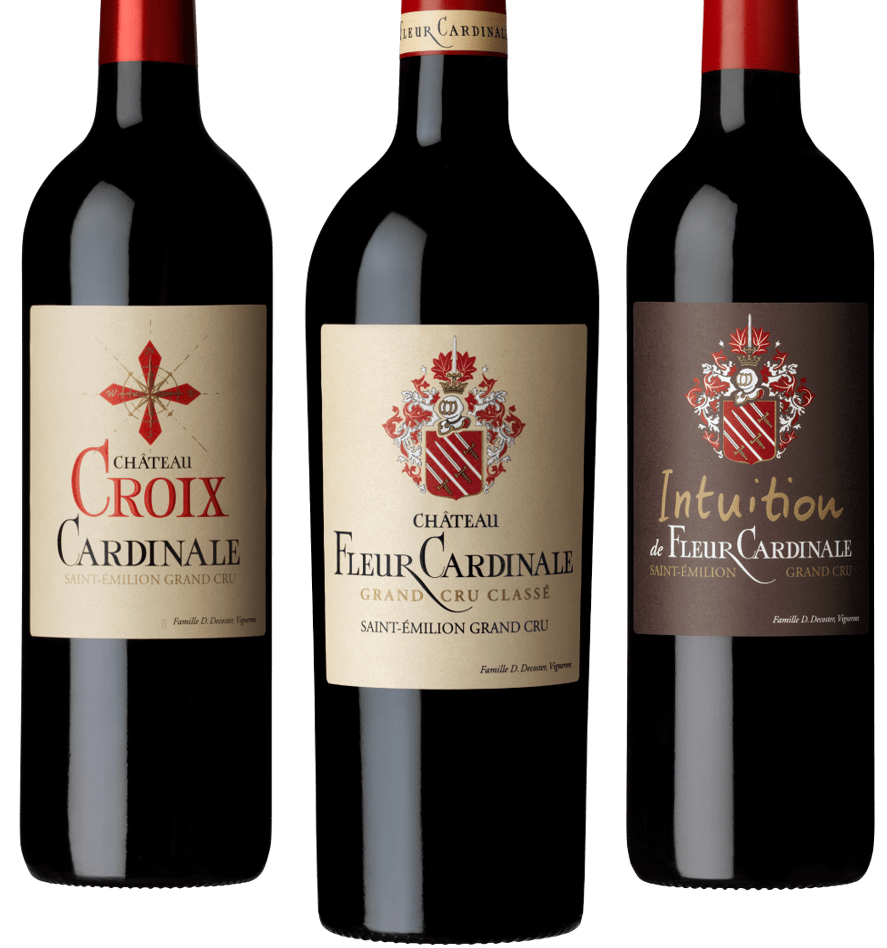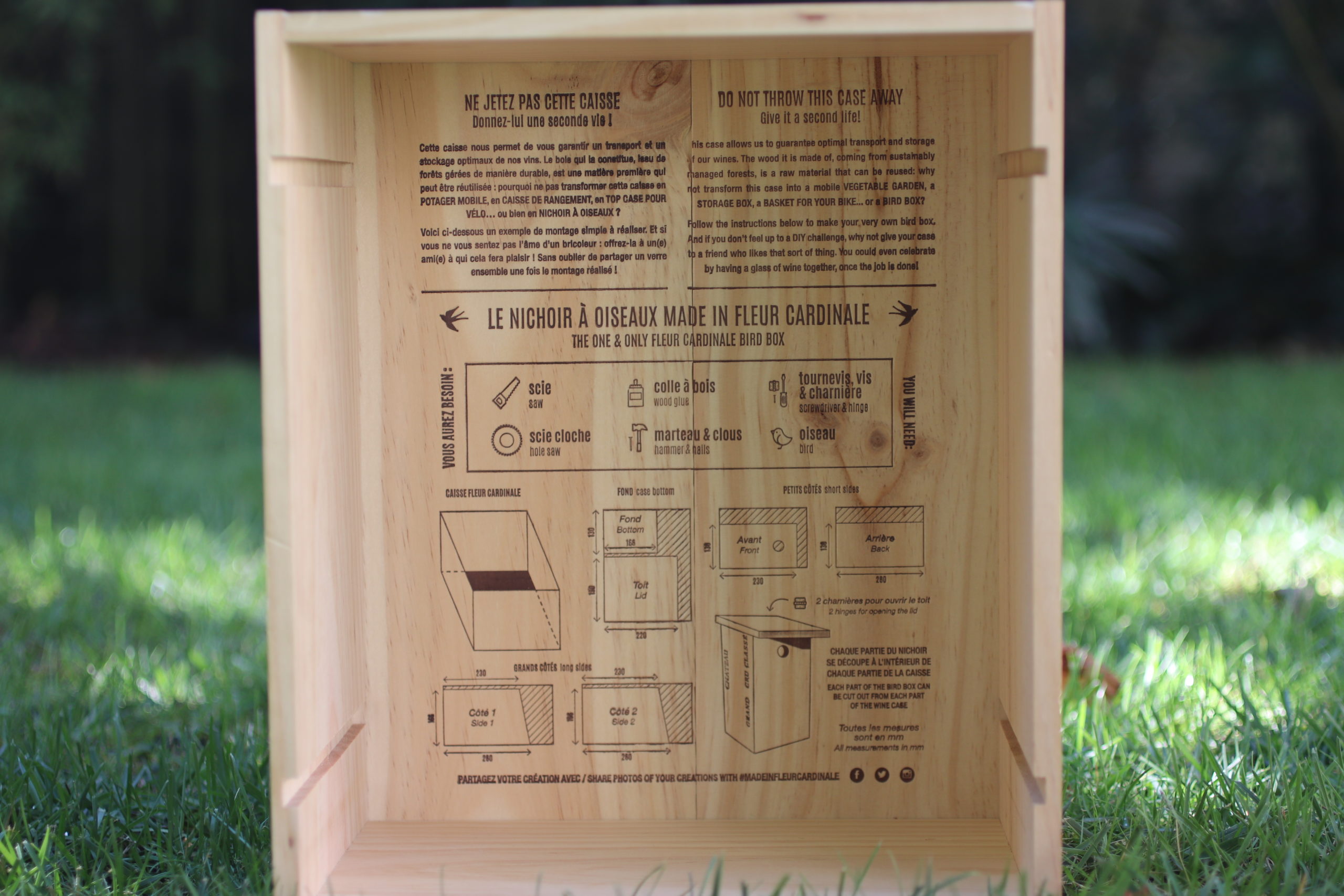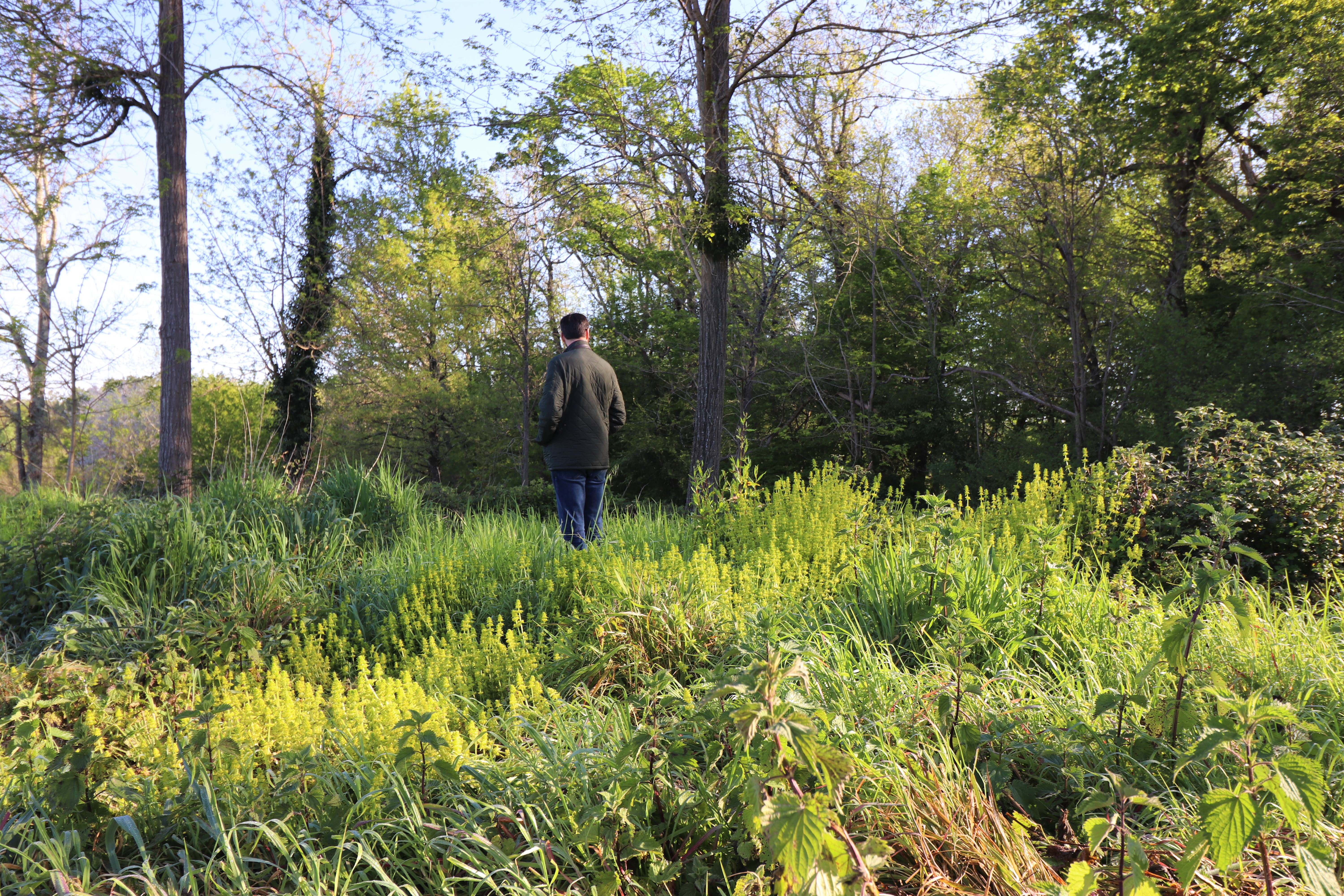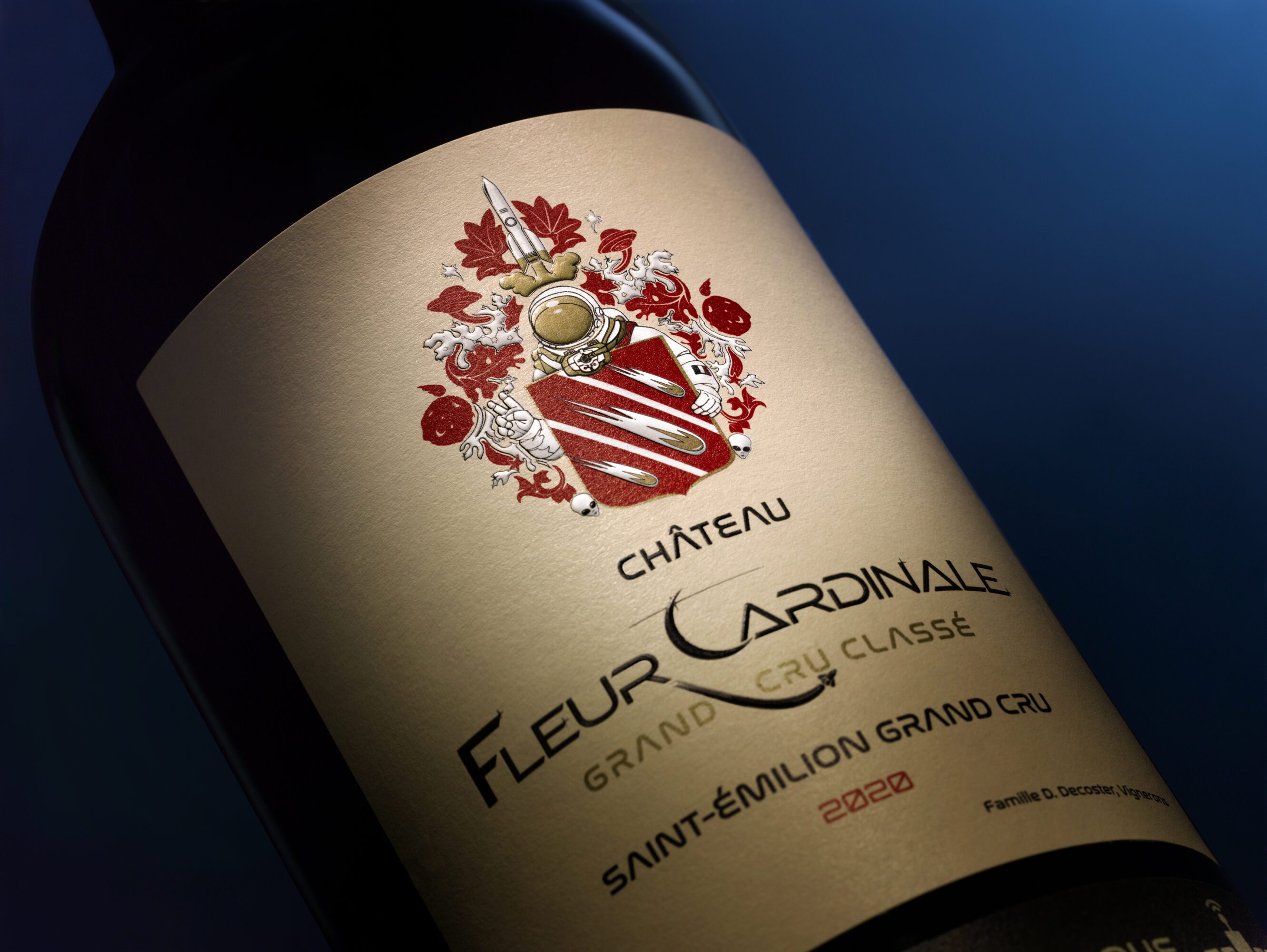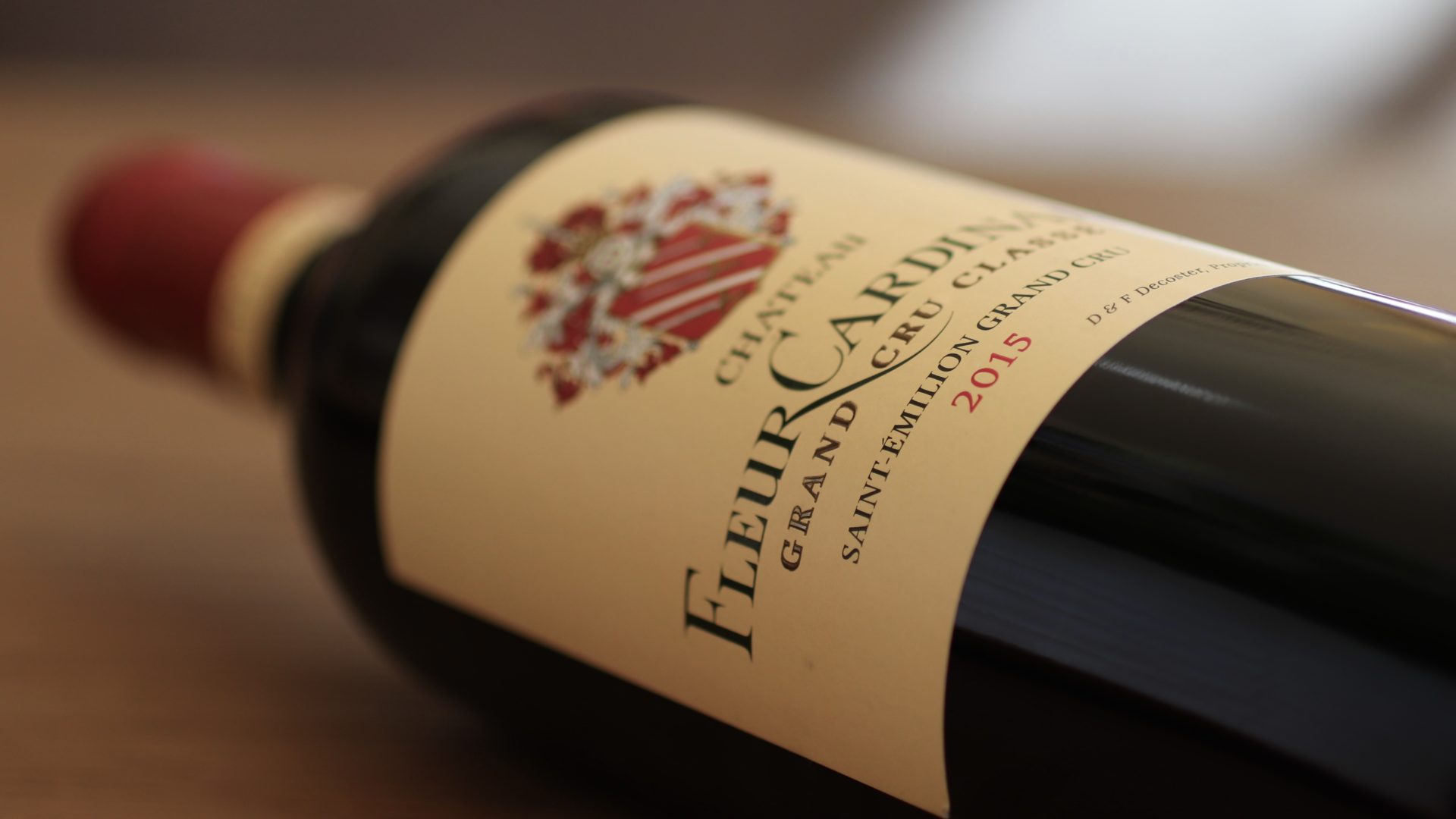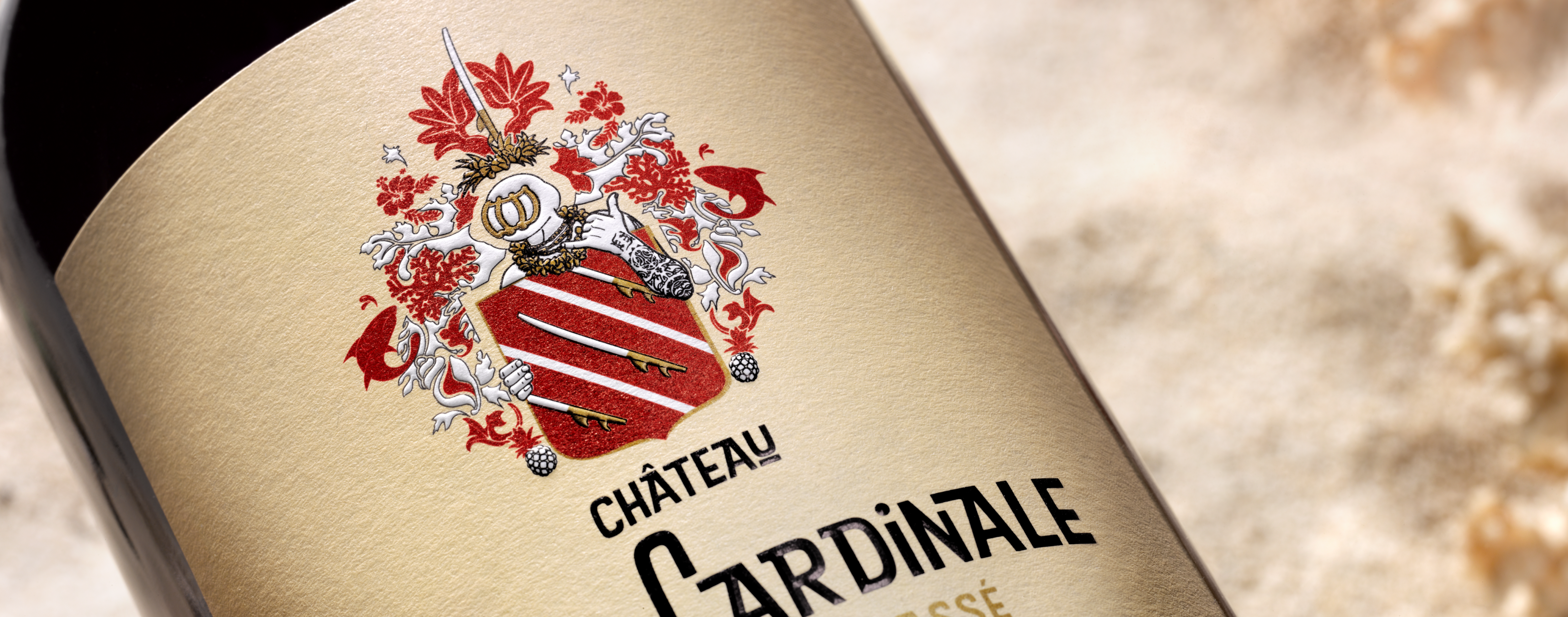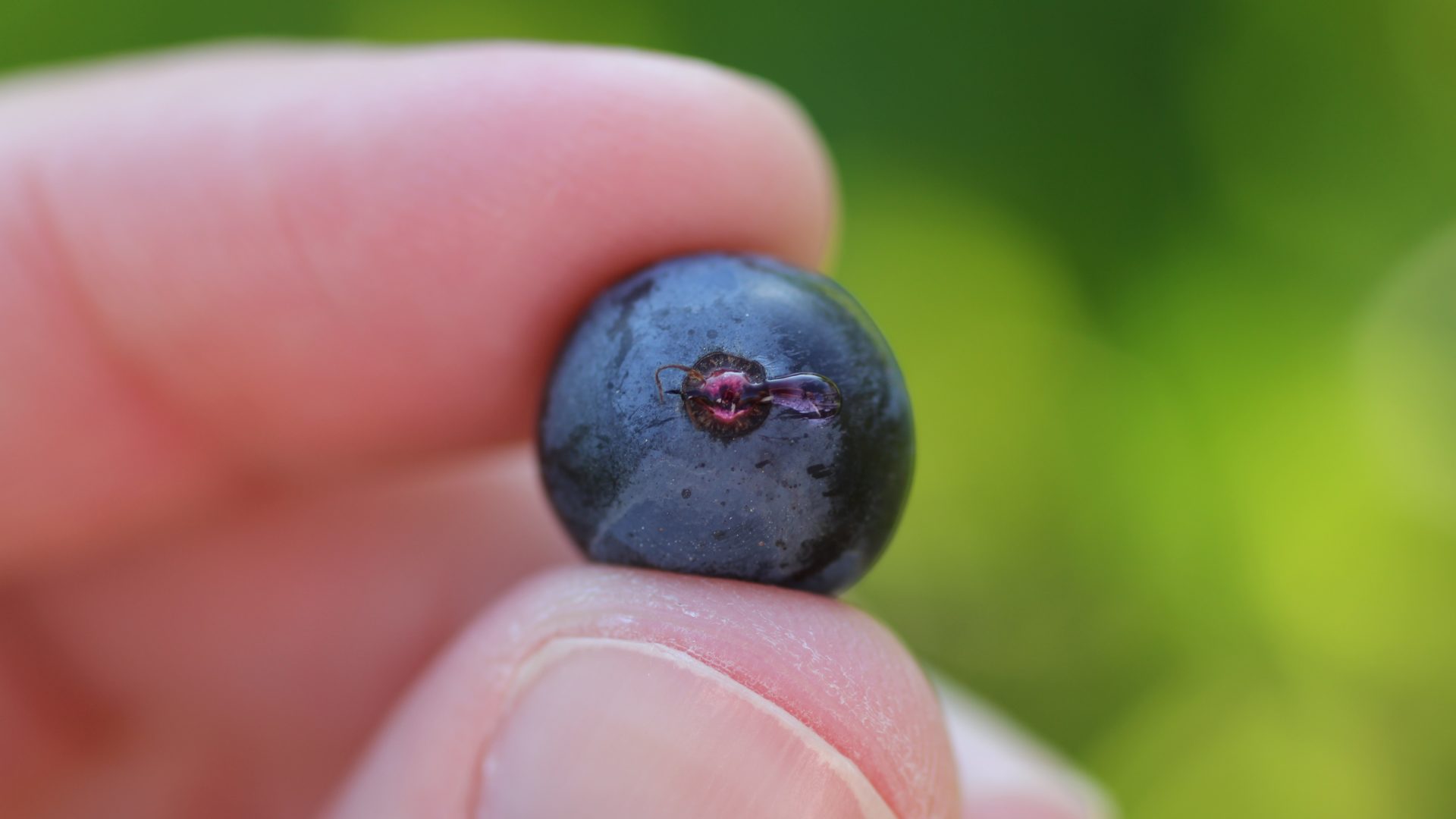
Commitments
We control our environmental impact
We live among our own vines. Managing our environmental impact is therefore not merely a concept :it is a lifestyle choice, for our family, and for generations of winemakers to come.
COMMITTED TOPROTECTING OF POLLINATORS
Our concern for biodiversity led us to the BEE FRIENDLY label, the label for farmers committed to protecting pollinators, which we obtained in 2022.
Created by associations of beekeepers and naturalists, this label certifies that we practice more responsible agriculture and encourages us to implement agroecological practices that are favorable to pollinating insects. We are therefore committed to protecting pollinators, and in line with our approach we are looking to make contact with beekeepers near our plots. If you are one of them, or if you know one of them, don’t hesitate to contact us via our contact form.
Our label certificate is available here.
PROMOTING BIODIVERSITY
WITHIN OUR PLOTS
We have set up a number of systems to contribute to the development of biodiversity in our plots, offering refuge and a source of food for macrofauna (earthworms, insects, birds, butterflies, tree frogs, etc.) and microfauna (bacteria, fungi).
This is the case with plant cover planted in the inter-rows of our vineyards. These seedlings, made up of various species (clover, vetch, forage pea, oats, rye, forage radish), also help to limit soil erosion and compaction, and improve soil porosity and bearing capacity.
PRESERVING WILD FAUNA
We are committed to learning more about our vineyard and the plant and animal species that live there, so that we can better protect them.
In 2022, we began an ecological diagnosis of our vineyard. The aim is to make an inventory of the diversity of arthropods (insects and arachnids, including vineyard helpers) present in our plots, and to reference areas of interest for biodiversity so as to preserve them.
REDUCING OUR
CARBON FOOTPRINT
As part of our CSR approach, we also seek to minimize our impact on the environment and climate change.
That’s why we’re carrying out our first carbon footprint assessment to identify and analyze all the greenhouse gas emissions (direct and indirect) we generate.
The aim is to put in place an action plan to reduce our emissions.
CHOOSE ANECO-RESPONSIBLE PACKAGING
We use eco-responsible labels for all the wines in the range: the paper is made from sugarcane fiber, hemp fiber and linen. Secondly, the inks used are “vegetable” inks, i.e. containing varnishes and thinners of vegetable and renewable origin. Our labels contain no varnish or gilding.
What’s more, our glass bottles are lighter than standard bottles, enabling us to save up to 8 tonnes of raw materials a year, while reducing the environmental impact of transport.
ENCOURAGE TO RECYCLEOUR WOODEN CASES
We have a special approach to encourage consumers to give a second life to the wooden cases containing our wines. A text is engraved on the bottom of each 6-bottle and 12-bottle case for all wines in the range, explaining why it’s a good idea not to throw the case away, along with an assembly plan for making, for example, a planter (2019 vintage) or a bat nesting box (2020 vintage). A new assembly plan is proposed each year.
